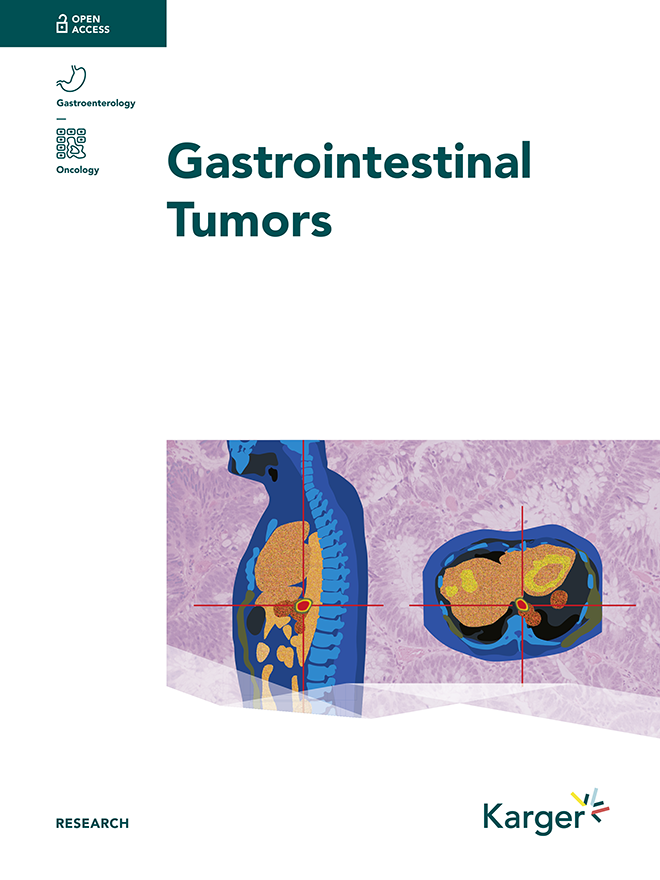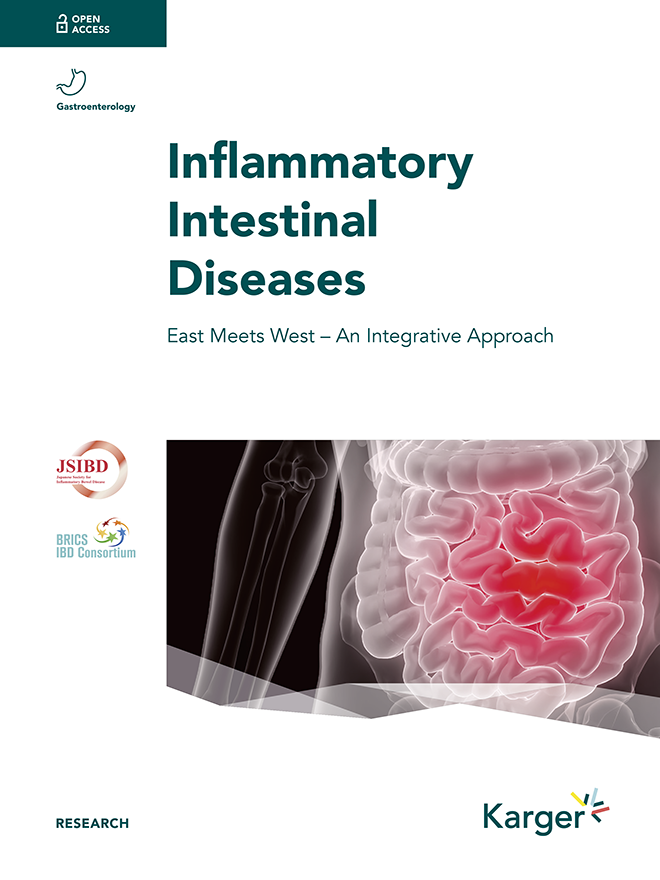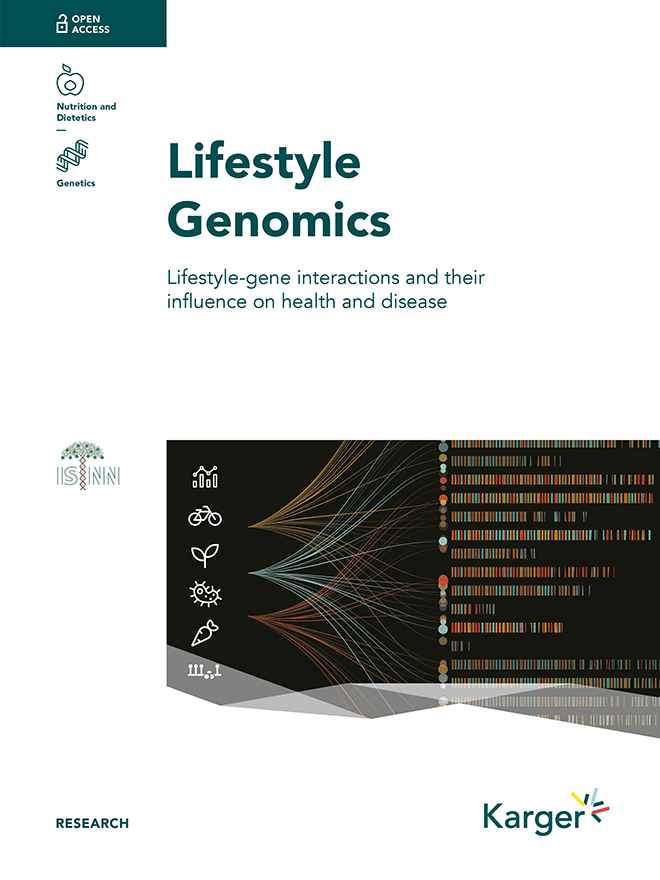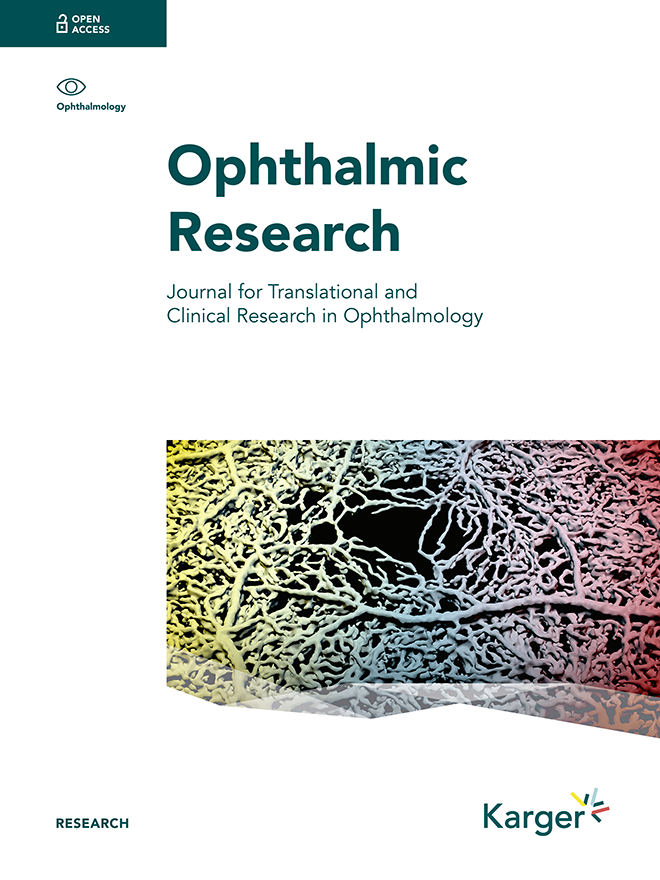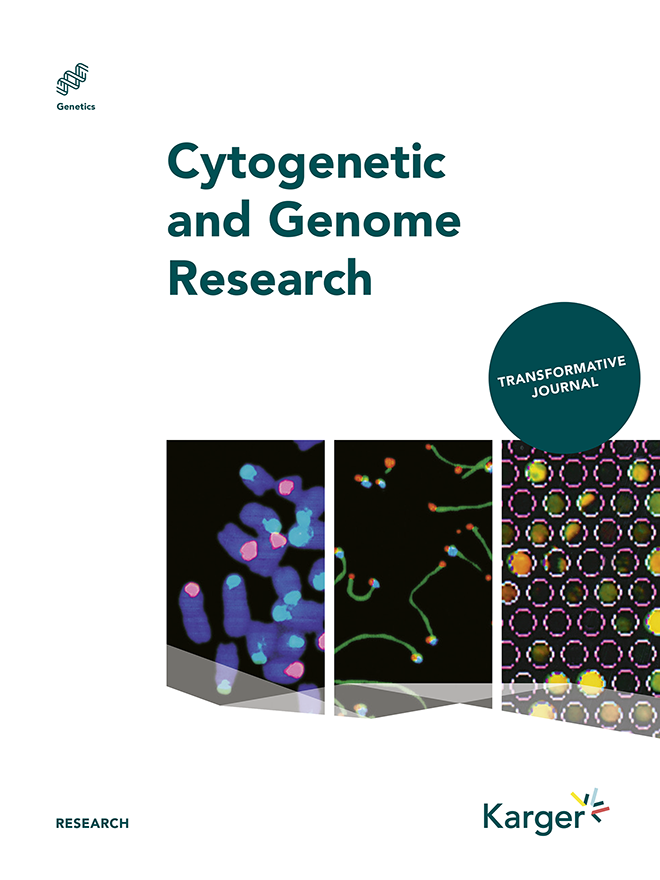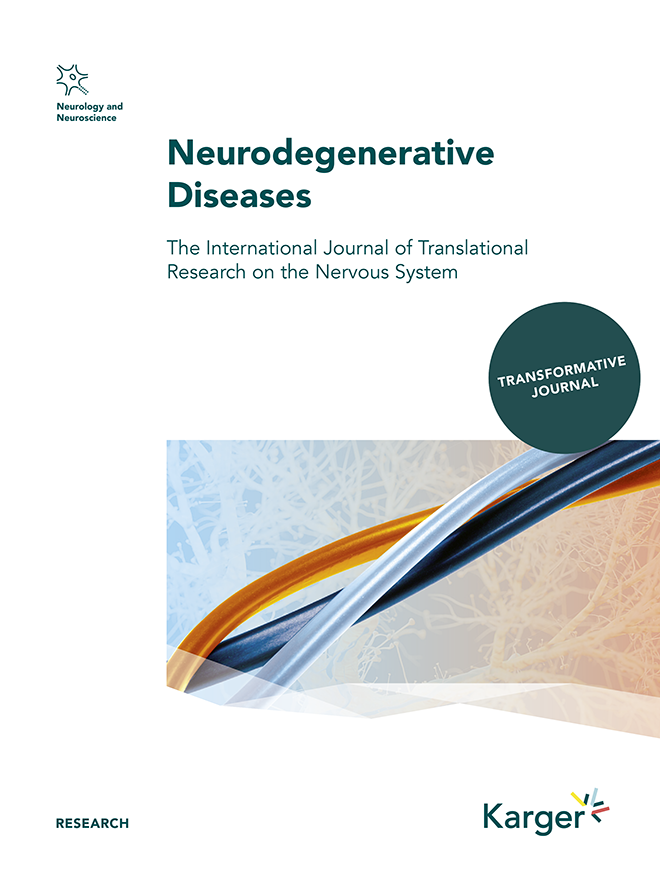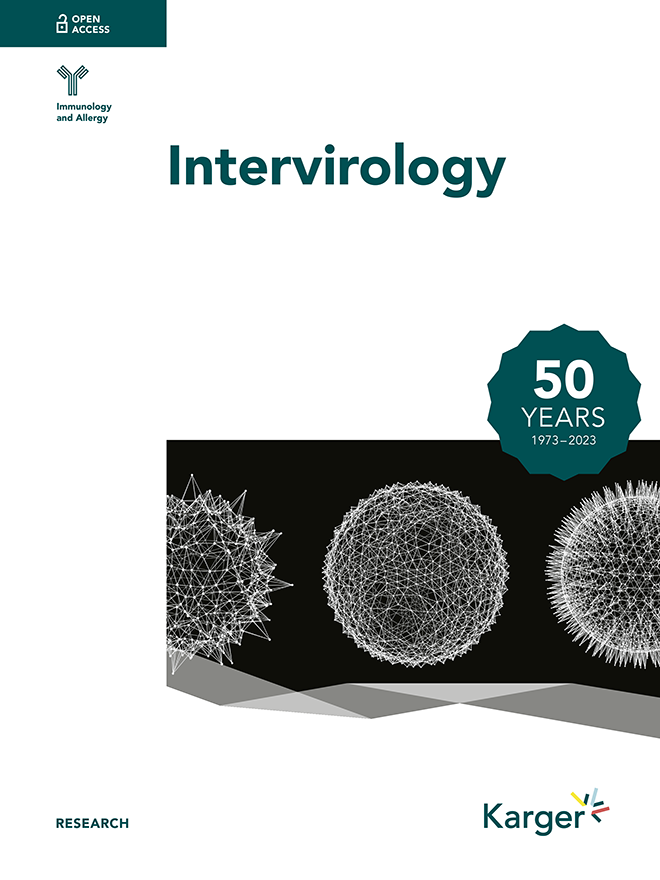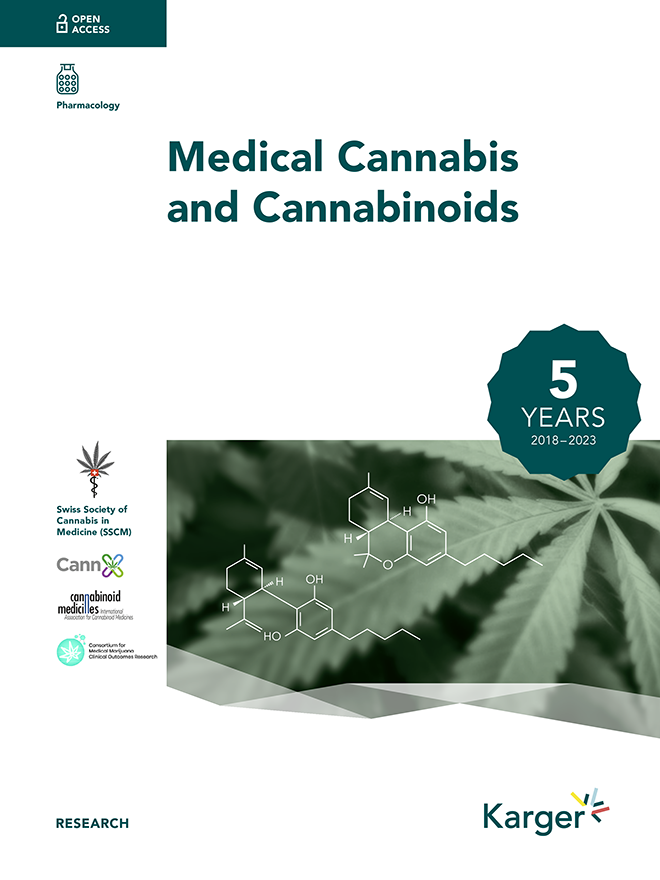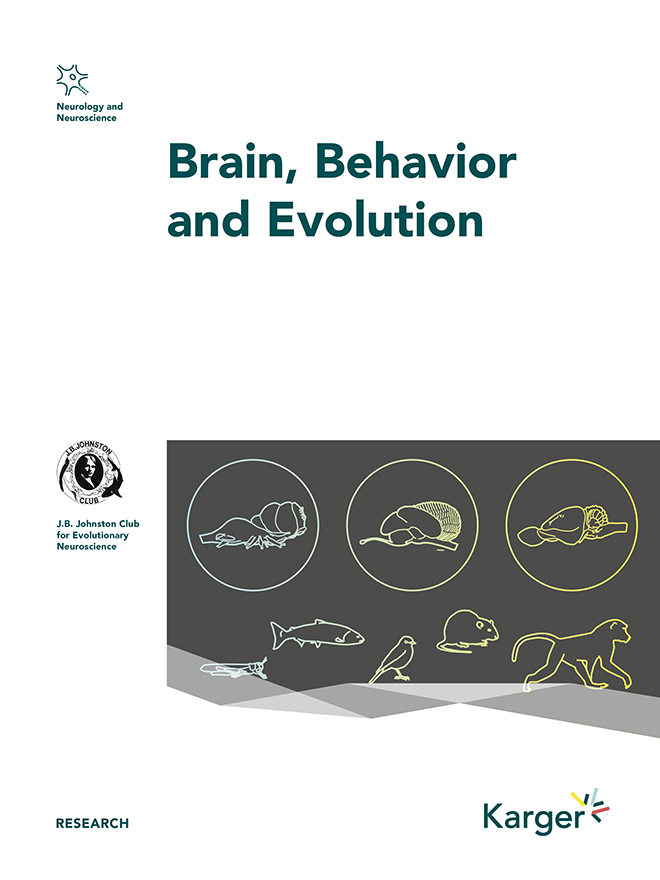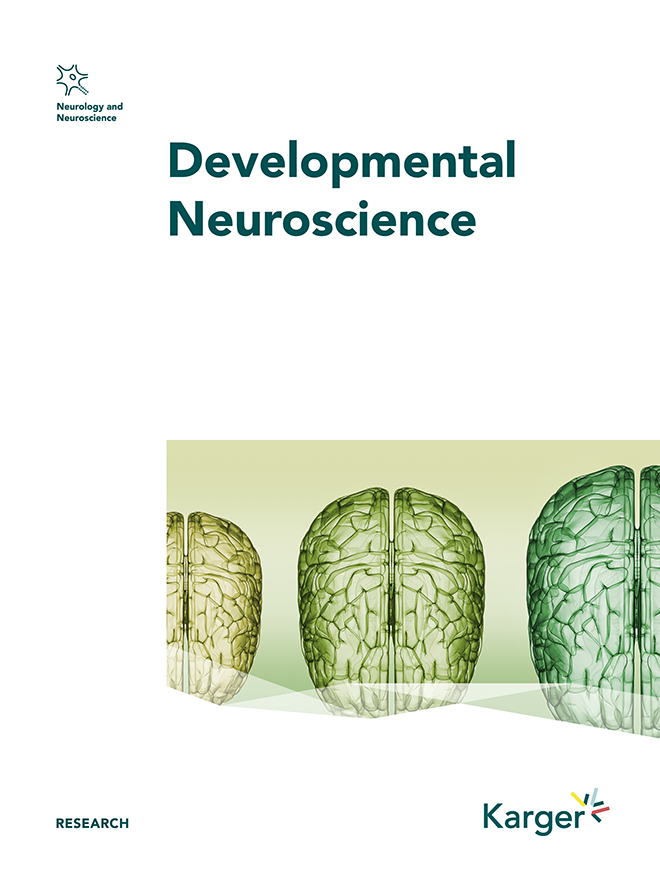
RESEARCH
Open Science
Researchers pour their energy and passion into understanding problems and solving them. Open Science is the framework to maximize the impact of those efforts by enhancing opportunities for collaboration and effectiveness of research, and making results rapidly, openly available to all. First and foremost, this means advancing the transition to Open Access publishing. The increasing movement to make work sharable and usable at earlier stages, as well, is also contributing to the Open Science revolution.
Embracing and accelerating Open Access and Open Science are an anchor of Karger’s strategy and commitment to connecting and advancing health sciences. Find out more about the steps we are taking to help researchers, institutions and other stakeholders maximize their impact and benefit from Open Science.
News
Karger Publishers is a signatory to the Declaration on Research Assessment (DORA), joining research institutions and universities, societies, publishers and funders around the world to support improvements in the ways researchers and the outputs of their work are evaluated. Importantly, this means – among other measures – that we inform our stakeholders of a variety of relevant metrics including, but not unduly emphasizing, Journal Impact Factor (JIF).

Open Access
A key facet of Karger Publishers’ aims to connect and advance health sciences is advancing the sustainable, global transition to OA. Karger is Open for Open! About one third of Karger’s portfolio of respected, peer-reviewed journals is now fully Gold OA, and authors can publish OA in virtually all Karger journals. Karger continually works to propel OA forward with steps such as flipping (converting journals to OA), launching new OA journals, maintaining progressive open policies, fast-tracking journals to OA as Transformative Journals and working with institutions on publish-and-access agreements and Partner Publications. All this ensures visibility for authors and a more open, productive future for all. Find out how Karger can help you benefit from OA.

Open Data
For a handy primer on Open Data, refer to our infographic.
What is Research Data?
Research data is usually defined as the underlying evidence required to validate and replicate the findings reported in a research article. Research data include data produced by the authors (“primary data”) and data from other sources that are analysed by authors in their study (“secondary data”). Research data may take many forms including tabular data, code, images, sound recordings, documents, transcripts of interviews, survey data and fieldwork observations, video or maps.
Why Share it?
Making research data open supports the dissemination, validation, reproducibility, and replicability of research findings. It also maximizes the impact of the research by making it more discoverable and fosters new research collaborations and innovation. Even in cases of unexpected findings including “negative” or “null” results, sharing research data may help reduce research waste by avoiding unnecessary duplication of work. An increasing number of funders now require that their grant recipients share the data produced by their research. See the Sherpa-Juliet tool to check for funders’ policies on research data archiving.
Karger Policies on Open Data
Karger’s data sharing policy strongly encourages authors to make all research data on which the conclusions of the paper rely available to editors, reviewers, and readers without unnecessary restriction wherever possible. Authors are required to provide a Data Availability Statement in their article that details whether data are available and where they can be found. In cases where research data are not publicly available on legal or ethical grounds, this should be clearly stated in the Data Availability Statement along with any conditions for accessing the data. See the “Guidelines/Data Availability Statement” section of individual journals for more information.
The preferred mechanism for sharing research data is via public data repositories that issue a persistent identifier, preferably a Digital Object Identifier (DOI). Additionally, we highly encourage researchers to consider the FAIR Data Principles when depositing data. Suitable repositories per research area and data type can be searched using the FAIRsharing database tool or via the Repository Finder. If no such database is available authors may use a general data repository.
How to Cite Datasets
References to datasets (data citations) must include a persistent identifier (such as a DOI). Citations of datasets, when they appear in the reference list, should include the minimum information recommended by DataCite (e.g. author(s), title, publisher (repository name), DOI) and follow journal style.
Preprints
Preprints are manuscripts before peer review, editing, typesetting or other publisher services. They facilitate the rapid sharing of scientific findings and feedback that can help authors hone their articles before submission and publication. Karger encourages authors to share their preprints at any time before publication, without restriction. Authors are strongly encouraged to update their preprints with final bibliographic details to ensure that citations can be credited to the article. Find more details under How Can I Share It?
Karger also collaborates with the preprint servers bioRxiv and medRxiv, enabling authors to submit their articles to several Karger journals easily via a direct transfer of their manuscript files and metadata to the journals.
Participating Journals
medRxiv

